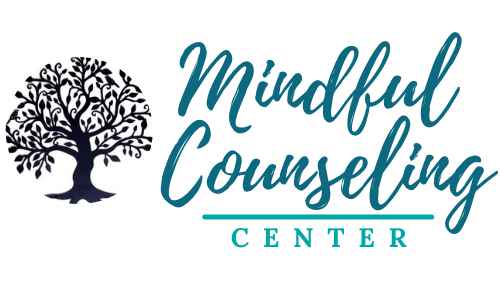Access Joy
 Joy occurs in fleeting moments of life. It can be triggered by a specific action. Some examples of “glimmers of joy” for me (most are mundane acts yet nonetheless joy-inspiring):
Joy occurs in fleeting moments of life. It can be triggered by a specific action. Some examples of “glimmers of joy” for me (most are mundane acts yet nonetheless joy-inspiring):
- A kindness offered or received
- Laughter with family and friends
- Happy squeals of delight
- Being in nature: A walk on the beach or in the woods, the sunshine on my face, a cool breeze, a dark, starry night, etc.
- Connecting with others
- Feeling loved/loving others
- Connecting within (e.g., through meditation, contemplation, etc.)
- Making or savoring flavorful food
- Playing with my pets
- Viewing or making art (reading books, watching movies, painting, dancing, singing, writing, observing beauty, etc.)
- A feeling of achievement
- Enjoyment in challenging myself
- Enjoyment in exercising my body and mind
- Nurturing others or being nurtured
- Learning something new or teaching others
- Making a contribution to someone else’s wellbeing
- Spiritual connections
- A memory of something positive, touching, funny, etc.
Joy in Good Times and Bad
 A feature of joy that I particularly appreciate is that it is accessible even in times of uncertainty and hardship. We can cultivate a practice of being aware of what brings us joyful glimmers and then purposely seek them out, in good and bad situations.
A feature of joy that I particularly appreciate is that it is accessible even in times of uncertainty and hardship. We can cultivate a practice of being aware of what brings us joyful glimmers and then purposely seek them out, in good and bad situations.
Clearly, finding joy in good times is an easier path. When we are going through difficulties—such as when we lose someone important to us or are overcome with anger about something—it may feel impossible to be joyful, much less seek it out or receive it. Yet, joy in its many glimmering forms can help sustain us through hard times, prevent us from being sucked into intensely negative feelings, aid us is getting back to a more balanced state of mind, and moving on. For example, when a death of someone we love occurs, we often gather together with our family and friends and share joyful, funny memories of the person. These memories, along with the opportunity to connect with others who cared for the person, aid us in getting through the early days of grief.
Bottom Line: Joy Makes Life Better
 Ultimately, the glimmers of joy we allow ourselves to experience—and the gratitude we have for them—can contribute to our overall sense of wellbeing. So, why not consider:
Ultimately, the glimmers of joy we allow ourselves to experience—and the gratitude we have for them—can contribute to our overall sense of wellbeing. So, why not consider:
- Where do you find glimmers of joy in your life? Think about both the mundane glimmers and the more spectacular ones.
- How do you make joy happen in your life? Do you “make it” yourself? Are there times when you feel more like a joy “receiver”?
- What joys come naturally to you? What joys are more accessible to you during tougher times of life?
- Are their routines you would like to change up to have better access to joy? What changes specifically would help?
- In what ways can you help facilitate joy in others? Ironically, such an act can also be a source of joy for you.
If You Feel a Lack of Joy
 Some people feel a persisting lack of joy in their life. If you are suffering from the absence of joy, it may be that a circumstance has had a profound impact on you (e.g., you may be struggling with a history of being abused or an unhealthy relationship or grieving over a lost relationship or death of a long-time companion) and leads you to experience unescapable sadness for some time. It is normal in such situations to struggle with mustering feelings of joy. It is also possible that you might be dealing with a mental health issue such as depression.
Some people feel a persisting lack of joy in their life. If you are suffering from the absence of joy, it may be that a circumstance has had a profound impact on you (e.g., you may be struggling with a history of being abused or an unhealthy relationship or grieving over a lost relationship or death of a long-time companion) and leads you to experience unescapable sadness for some time. It is normal in such situations to struggle with mustering feelings of joy. It is also possible that you might be dealing with a mental health issue such as depression.
In either case, know you are not alone. You can reach out to a counselor for help in your journey to access more glimmers of joy in your life and to cope with difficult circumstances. Call the Mindful Counseling Center if you are interested in making a counseling appointment.




